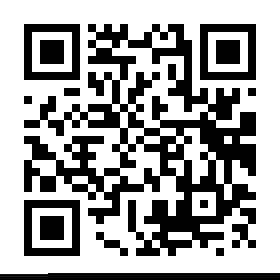Personality testing has been a popular tool with recruiters for years. Those who like them say they can be used to better assess a candidate’s cognitive skills and ability to ‘fit’ with the company culture. Those who disapprove say personality tests are far from infallible and may also impinge on an individual’s privacy. So what is good about them, and what is not?
Some personality or psychological testing can reveal how well a candidate communicates and makes decisions. Especially in recent years, questions often focus on emotional intelligence, defined as the ability to identify emotions in yourself and others and to use that knowledge in decision making. Other questions may test a candidate’s abstract, verbal, numerical, mechanical and spatial abilities.
Some personality tests are used to measure a candidate’s behavioral tendencies in a work context. Most of these are based on five major personality traits:
- Extraversion (someone’s ability to direct their interest to things outside theirself)
- Agreeableness (someone’s ability to be pleasant, accommodating and compatible)
- Conscientiousness (an inner sense of what is right or the trait of being careful and particular)
- Neuroticism (a personality trait characterized by instability, anxiety or aggression)
- Openness to experience
Does this sound complicated? Expensive? Neither is necessarily the case. Personality assessment tools can be basic computerized questionnaires that cost as little as a few dollars per test. These tests use complex mathematical algorithms to weigh and gauge the responses of candidates. Post-assessment, test results are analyzed in a report and evaluated against a “norm group.” You can then compare and differentiate specific strengths of the short-listed candidates once they’re on the same level playing field.
One reason personality tests are becoming useful in our digital age is because everyone can look good “on paper” thanks to social media. Job seekers have several platforms to position themselves as experts in their fields. The tests can help you figure out who really has the skills and personality traits you’re looking for in an employee.
David Lahey, president of Predictive Success, an international management consulting company, says that these tests are simple and cost-effective ways for hiring managers to avoid making a mistake that can impact the long-term productivity of their team or department.
“What we are seeing is the age of big data creeping into human analytics,” he says. “Having evidence of why a candidate might be a better fit for the practice is better than just relying on a hunch, because a resume is really just a coin toss.”
Lahey and other experts agree, though, that personality testing should only be one tool in your hiring toolbox. Used in conjunction with interviews and references, the results should only count for about 20-25% of the candidate’s entire evaluation.
Another great way to hire the right candidate? Work with Staffers, Jackson’s leading staffing firm!






